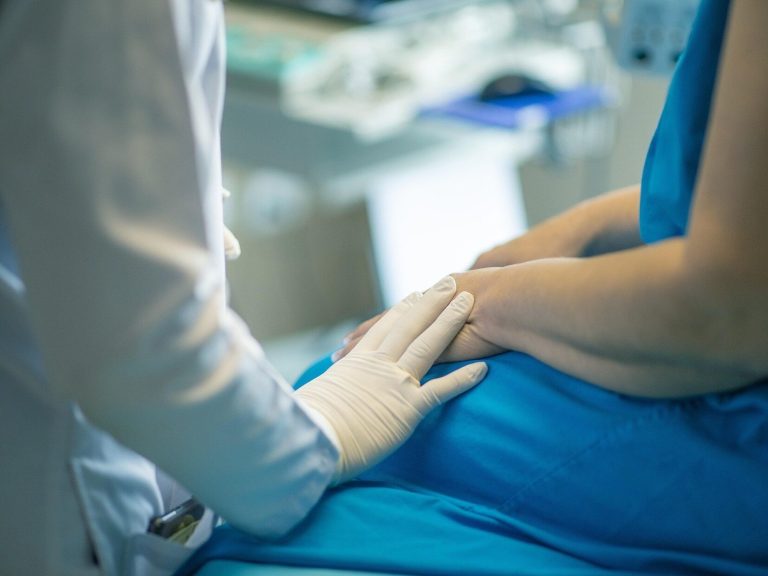Are you planning a pregnancy? Go to the eye doctor. How to take care of your eyesight during pregnancy?

It is recommended that the first ophthalmological examination in women without vision defects be carried out before the planned pregnancy, and the next ones in the second and third trimester of pregnancy and after childbirth, the ophthalmologist advises. Why is it so important?
– Hormonal changes that occur in a woman’s body during pregnancy and the postpartum period can also affect vision. This is especially true for women who have been diagnosed with myopia. Many of them then experience a deterioration in the quality and acuity of their vision. However, all women should remember about visiting an ophthalmologist before and during pregnancy, says the doctor. ophthalmologist surgeon Justyna Krowicka, head of the Gemini clinic in Ostrava.
Are you planning a pregnancy? Do an eye exam
As the expert emphasizes, a woman should do the first examination before the planned pregnancy and if there are no vision defects, repeat it prophylactically in the second and third trimester and after childbirth. – Pregnant women and women with visual impairments should visit an ophthalmologist at least every three months throughout pregnancy (and those struggling with diabetes even monthly). Additionally, those who use ophthalmological drugs should consult the form of further treatment with a doctor, says Justyna Krowicka.
How does pregnancy affect your eyesight?
Among the physiological changes in the organ of vision in women who are expecting a child, the following may occur:
-
temporary lens accommodation disorders (during pregnancy and breastfeeding),
-
an increase in the thickness of the cornea, which may cause swelling, and thus temporary clouding of vision, as well as worse tolerance for contact lenses (especially in the third trimester),
-
reduction of tear production and the occurrence of dry eye syndrome,
-
increasing the volume of the eyelids (this is related to water retention and hormonal changes),
-
periodic or permanent strabismus.
In addition, pregnancy can accelerate the development of retinal diseases, including: retinopathy or, in special cases, retinal detachment. Deterioration of vision as a result of pregnancy is in most cases temporary. However, remember that each situation should always be considered individually. That is why it is so important to consult an ophthalmologist, identify and assess the risk of possible complications, says the ophthalmologist.
Childbirth and vision risks
As the expert adds, the birth itself may carry a higher risk of eye complications than the pregnancy itself. The patient’s individual circumstances also play a role here: diagnosed myopia is a certain risk factor, especially if it coexists with other ophthalmological diseases or previous ophthalmological procedures.
– The joint position of the Polish Society of Gynecologists and Obstetricians and the Polish Society of Ophthalmology includes relative ophthalmological indications for delivery by caesarean section. These included moderately and highly advanced myopia, glaucoma, a history of retinal detachment and/or its increased risk, and diabetic retinopathy. According to the recommendations, every pregnant woman from a defined risk group should be subject to increased ophthalmological control in the third trimester of pregnancy, which is to result in, among others, choice of the optimal way of delivery for a woman. We have methods to protect the eye during childbirth, but even their use does not eliminate the risk completely, sums up Justyna Krowicka.






